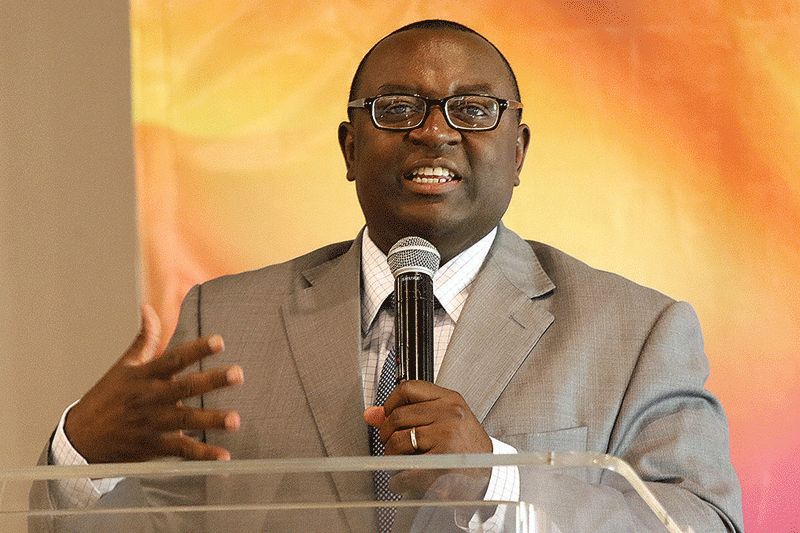
Alpha Media Holdings (AMH) chief executive officer Kenias Mafukidze has urged Zimbabwe’s mainstream media industry to reinvent itself as it faces outright extinction amid expansion of digital technologies and services.
In remarks made at a media stakeholders conference organised by the Media Alliance of Zimbabwe (MAZ) in Harare last Thursday, Mafukidze said the Zimbabwean media cannot continue to operate in silos in order to be competitive.
"The media must regroup from the base. We need to be cognisant of how digital technologies have revolutionised how audiences consume news and information," said Mafukidze.
"If the media does not adapt to the realities that the target audiences could be outside of their geographical bounds, then the sector could easily become irrelevant."
He said the environment should be conducive for any player to invest into the sector and that the licensing framework needs to be reviewed.
"Broadcasting licenses should just be readily available,” Mafukidze said.
“In any event, you can't restrict content creation neither can you stop audiences from following whatever content they want online."
The conference brought together various stakeholders ranging from media entrepreneurs, media executives, academia, professional associations for editors and journalists, legislators, government and international development partners.
- The story behind Zim media’s coverage of China
- Govt says ready to open up media space
- Violence and harassment of journalists must stop: ZUJ
- In Conversation With Trevor : Diplomatic posting was a mistake: Chihombori-Quao
Keep Reading
MAZ coordinator Nigel Nyamutumbu said that the conference sought to prioritise areas for interventions to develop the media sector.
"The meeting is a product of a series of consultations, firstly within the MAZ network and then to a wide range of actors. From this process, it emerged that media sustainability, policy and law reforms are critical in transforming the Zimbabwean media sector to an industry," Nyamutumbu said.
"There's consensus to relook at the operational environment and to proactively safeguard the media from the harsh realities of an economic recession and threats of digitisation.
"Of equal importance is the need for journalists to be professional and to ensure that the operating environment is conducive for journalism to thrive.
“It is also important to build leadership and institutional capacities of the media in order for the media to enhance its role as enabler of citizens rights."
He revealed that MAZ will convene thematic area meetings as part of a process to co-create solutions for the media, beginning with a media sustainability summit set for April 10 in Harare.










